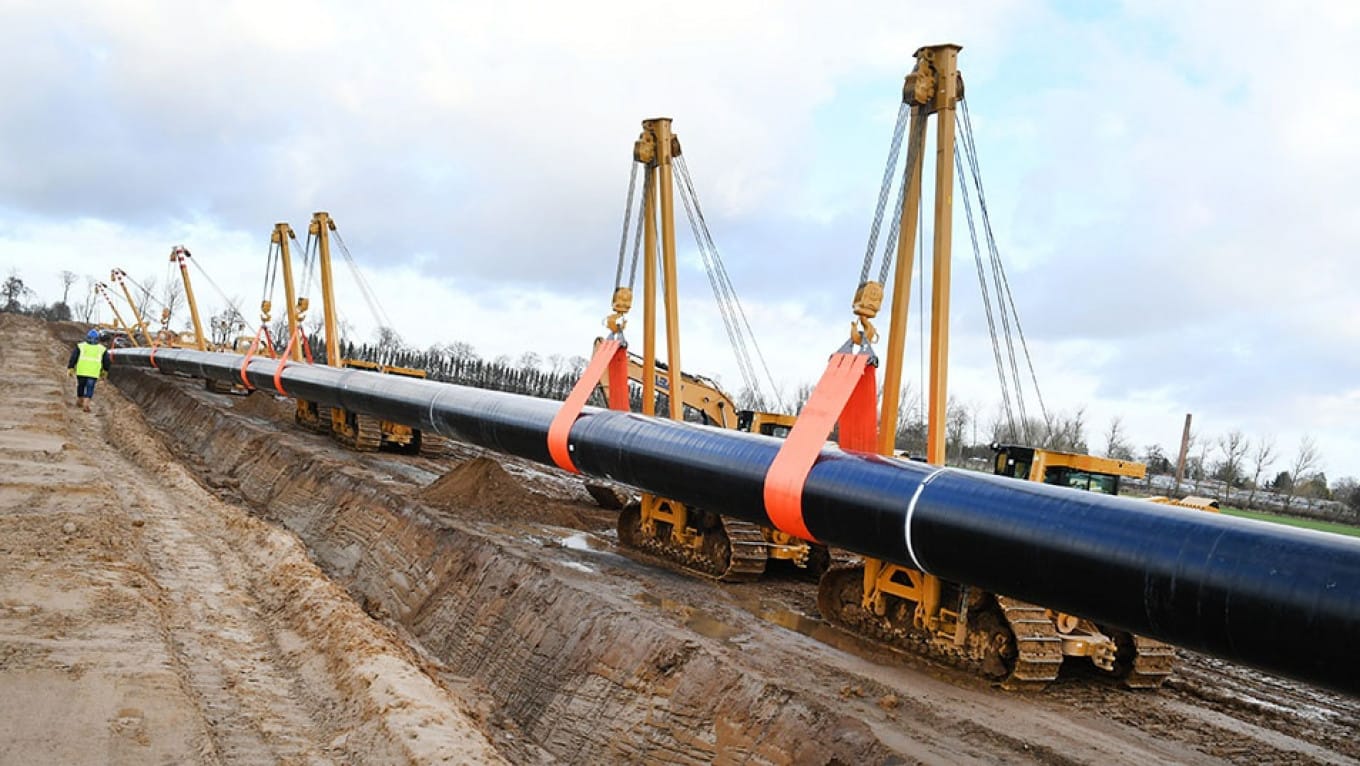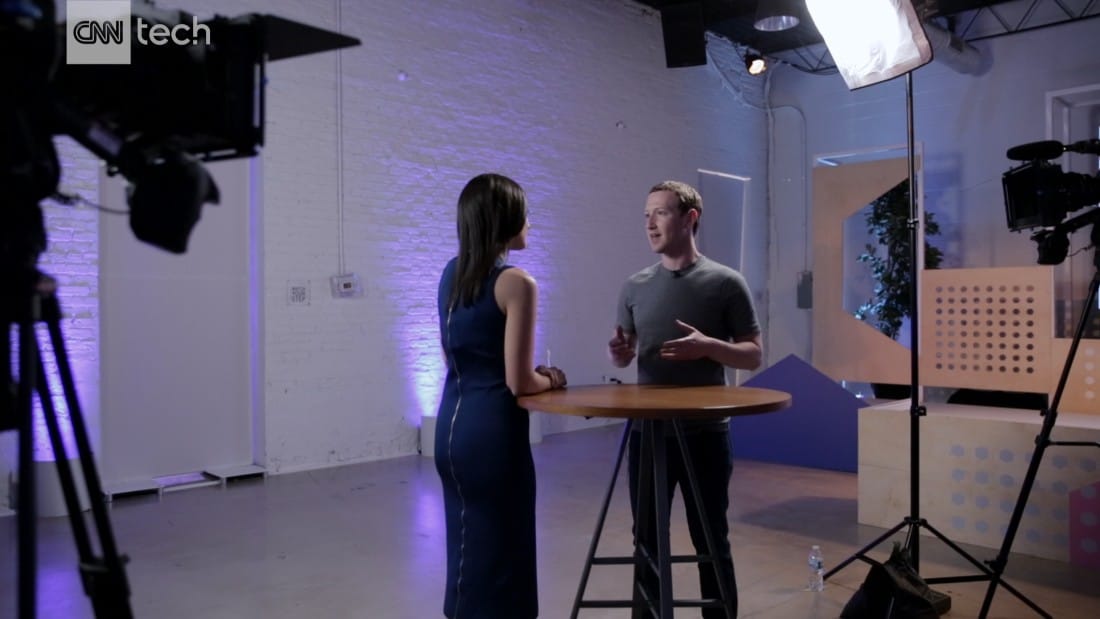In a pivotal development in the energy sector, Ukraine has announced the termination of its supply of Russian gas to European countries. This decision marks a significant shift in the energy dynamics of the region, particularly as Europe grapples with its dependence on Russian energy resources. The move is rooted in the ongoing geopolitical tensions that have characterized relations between Ukraine and Russia, especially following the escalation of conflict in recent years.
Ukraine has long been a critical transit country for Russian gas heading to Europe, with extensive pipelines traversing its territory. The decision to halt these exports reflects Ukraine’s broader strategy to assert its energy independence and reduce its reliance on Russian resources. This strategic pivot is not only aimed at bolstering national security but also at sending a clear message to the international community regarding Ukraine’s commitment to its sovereignty and territorial integrity.
The implications of this decision are profound. European nations, many of which have relied heavily on Russian gas supplies, now face the challenge of securing alternative energy sources. The cessation of gas exports from Ukraine could lead to increased energy prices and potential supply shortages, particularly during peak demand periods in winter. In response, European leaders are likely to accelerate efforts to diversify their energy portfolios, seeking to establish new partnerships and invest in renewable energy technologies.
The European Union has been actively working to reduce its dependence on Russian energy for several years, especially in light of the geopolitical tensions that have arisen since the annexation of Crimea in 2014. The EU has implemented various strategies, including the development of the Energy Union, which aims to enhance energy security and promote the use of renewable energy sources across member states. However, the sudden halt of gas supplies from Ukraine may necessitate a reevaluation of these strategies and an urgent push toward energy diversification.
In the short term, European countries may look to increase imports of liquefied natural gas (LNG) from alternative suppliers, including the United States and Qatar. Additionally, there may be renewed discussions around the potential for expanded interconnections between European energy markets, allowing for more flexible energy trading and distribution. Countries that have invested in renewable energy infrastructure may also find themselves in a more advantageous position as they seek to meet their energy needs without relying on Russian gas.
The decision by Ukraine to cease its gas exports is not without its challenges. The country itself faces significant energy demands, and the loss of revenue from gas transit fees could have economic repercussions. Ukraine’s government will need to navigate these challenges carefully, balancing the need for energy security with the economic realities of its energy landscape.
Furthermore, the cessation of Russian gas supplies may have broader implications for global energy markets. As countries adjust to the new reality of reduced Russian gas availability, shifts in demand and supply dynamics could influence energy prices worldwide. The potential for increased competition for alternative energy sources may drive innovation and investment in renewable technologies, ultimately contributing to the global transition toward cleaner energy.
In conclusion, Ukraine’s decision to halt the supply of Russian gas to Europe represents a significant moment in the ongoing struggle for energy security and geopolitical stability in the region. As European nations grapple with the implications of this decision, the focus will likely shift toward diversifying energy sources and enhancing cooperation within the EU. The path forward will require careful consideration of both economic and security factors as Europe seeks to navigate a changing energy landscape.



